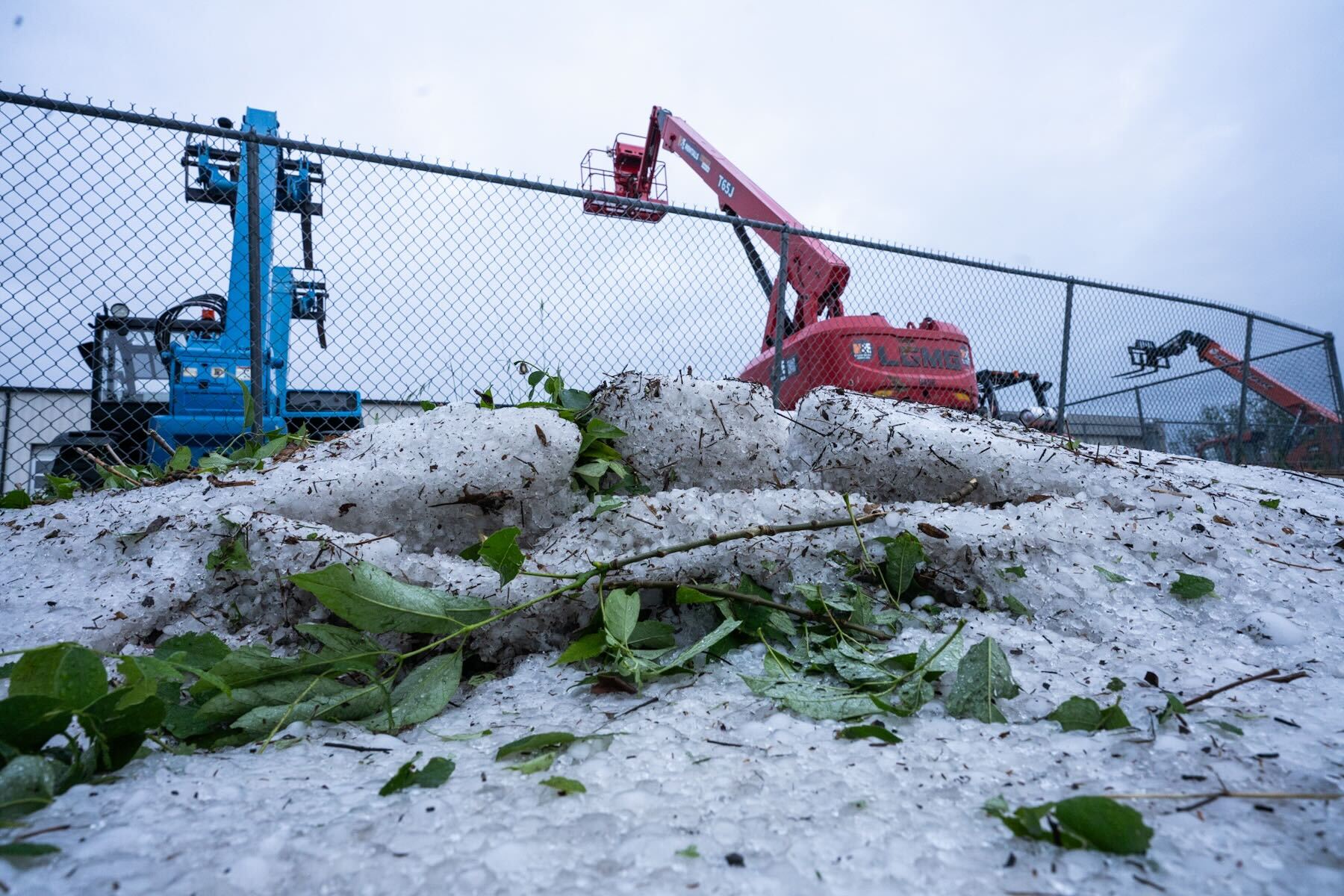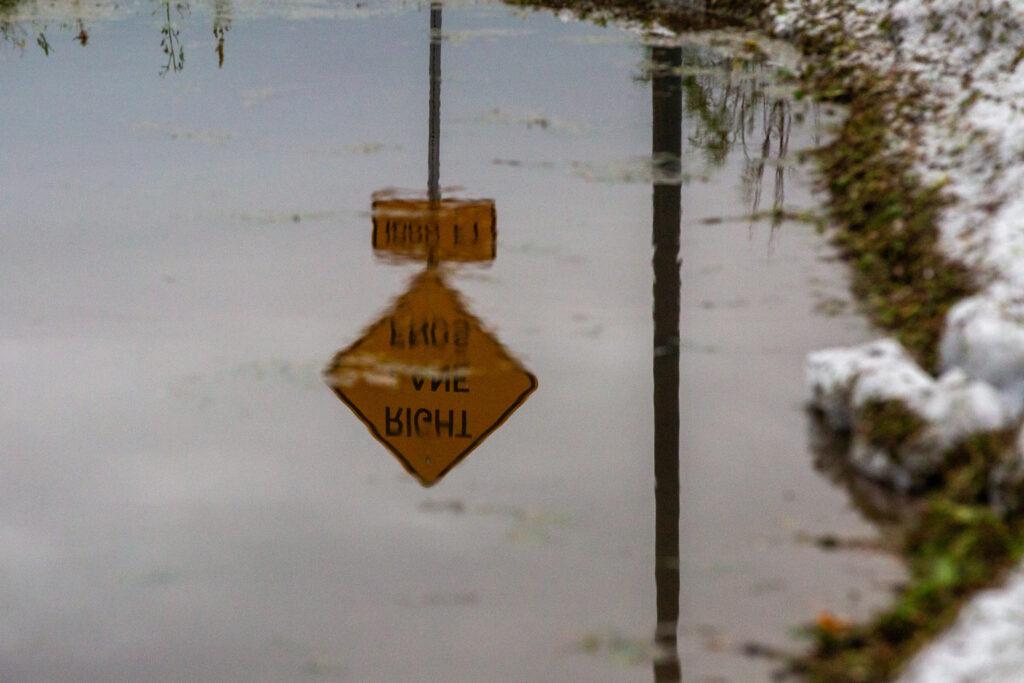
Thursday’s epic hail storm in the Denver area means a lot of people will be dealing with their insurance companies in the coming days and weeks.
State Farm said in an email to CPR News that it had received about 2,800 claims by midday Friday. Auto claims accounted for 2,400 of those early claims, and the rest were homeowner claims.
CPR News spoke with Carole Walker of the Rocky Mountain Insurance Information Association about what to expect.
Are we seeing claims yet from last night’s storm?
Carole Walker: We're really in a wait-and-see mode as people wake up to damage, and if it's significant damage, they get in touch with their insurance company immediately.
But we also see where it happened on a Friday, and people will observe damage over the weekend into the days and weeks ahead. So that will really be the gauge as to whether this is a catastrophic event for insurance. We did see large damaging hail that hit densely populated areas. It will just depend on how widespread that damaging hail was. Many times when we just see the blankets of hail that look like snow, that’s smaller hail, and that causes less damage. We encourage people to immediately get in touch with their insurance company if they see significant damage to either their cars or their homes.
How damaging is hail in Colorado?
Walker: Colorado is in hail alley. We are ranked second in the nation for hail insurance claims after Texas. It is our most expensive insured catastrophe In Colorado. Our most expensive hailstorm was May 2017 where we saw nearly $2 billion in insurance claims.

Does an event like this mean insurance rates are going to go up for Coloradans?
Walker: One significant event does not directly affect what you pay for insurance. That said, when we have a $2 billion hailstorm like we saw in May 2017, that does affect insurers as they're looking at the risk and then the cost to pay those claims.
And not only do you have the significant escalation in catastrophic storms and risk for wildfire, then you have market conditions where everything that insurance pays for is more costly, from the roofing material to the lumber to the labor. All of those things are going up in price. So, unfortunately, these storms do have an impact on what we pay for insurance.
What do you advise people to do next?
Walker: Whenever we have our first significant storms of the season, it's a wake-up call for people to do that annual checkup with their insurance professional about what they're covered for — what their limits are [and] what their deductibles are. Also to be thinking about how [to] reduce risk -- put on a hail resistant roof, be looking at wildfire mitigation around your property if you're in a higher risk wildfire area.
You don't want to have to file a claim if you don't need to. Multiple claims over a short period of time, even smaller claims in this marketplace, can put you at risk for non-renewal. So what I'm telling people this morning is, if they have more minor maintenance type damage, just some minor damage to the fence, a few shingles off, that's something where you need to look at your deductible and see – does that damage repair even meet my deductible?








